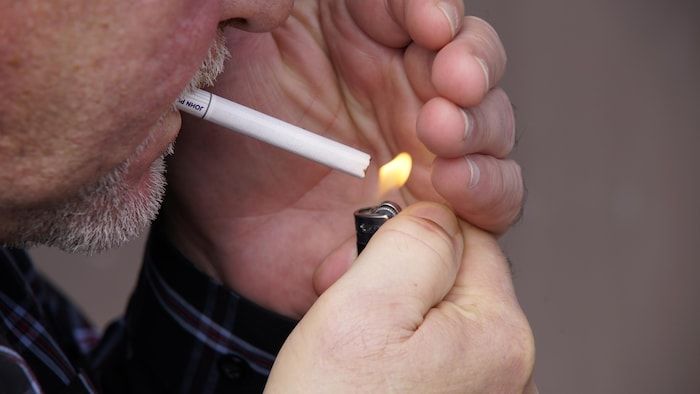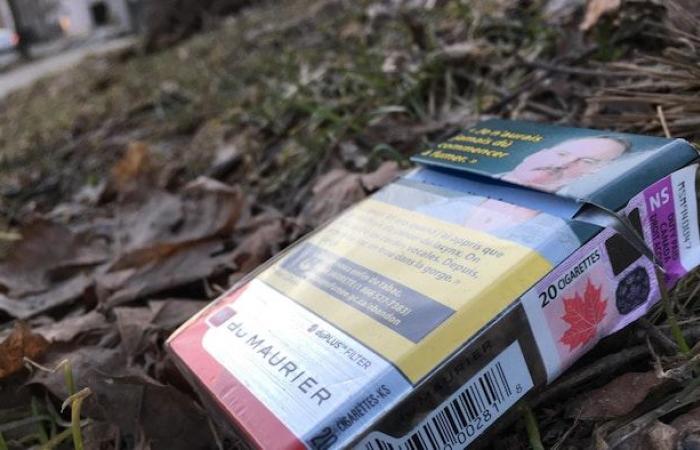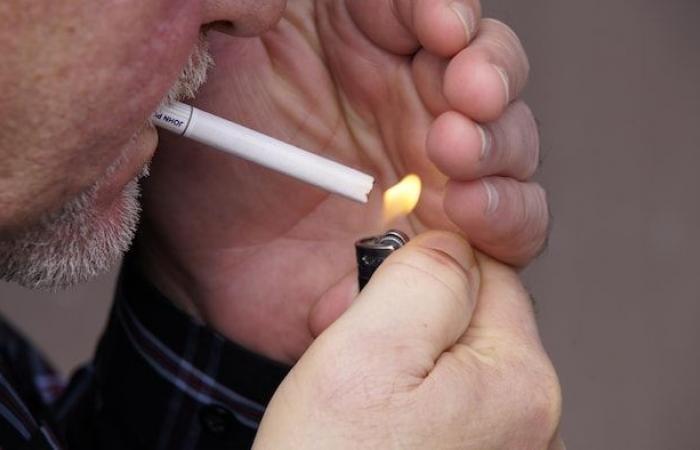The financial restructuring of the three Canadian tobacco companies experiences another twist: the hearing on Tuesday 1is October was postponed by a month at the last minute on Saturday. Lawyers for the companies and their creditors were to meet in Toronto to request a new stay to try to initial a rescue plan that would suit all parties.
No one knows why Ontario Superior Court Chief Justice Geoffrey Morawetz, who is presiding over the hearings, ordered a postponement. Negotiations between the disputing parties have been taking place behind closed doors for more than five years.
The Canadian Cancer Society, however, rules out the possibility of an imminent agreement and maintains that it is therefore unnecessary to grant the three companies a thirteenth grace period.
The three companies have been experiencing financial difficulties since the Quebec Court of Appeal forced them, in 2019, to pay more than 13 and a half billion dollars to 100,000 victims of smoking in this province.
Open in full screen mode
The Quebec Court of Appeal concluded, like the Superior Court of Quebec in 2015, that the tobacco giants had failed in their duty to inform their customers of the dangers of cigarettes.
Photo : Radio-Canada / Jonathan Villeneuve
After their defeat, they then placed themselves under the protection of the federal Creditors Arrangement Act.
The Ontario Superior Court therefore suspended the judgment of the Quebec Court of Appeal and, at the same time, all the legal proceedings that the provinces and territories had initiated against the three companies in Canada.
Governments are trying to recover the sums of money they have spent for years on the care of tobacco patients.
Thirteenth grace period
The last protection from which the three tobacco companies benefit expired yesterday, September 30.
According to new documents of which Radio-Canada has obtained a copy, the three companies will ask Judge Morawetz on October 31 to extend the protection until the spring.
Open in full screen mode
Tobacco companies are still selling their products as they try to avoid bankruptcy.
Photo : Reuters / Michaela Rehle
Imperial Tobacco Canada writes in particular that it will request an extension of the reprieve period until March 28, 2025, which rules out the idea that an agreement is imminent.
The documents of Rothmans, Benson & Hedges indicate, in the opinion of the financial controller himself, that significant progress has been made since the last reprieve period
.
Reached by telephone, the lawyer for the Canadian Cancer Society, Rob Cunninghamminimizes such progress.
RB&H said exactly the same thing six months ago
he recalls. The lawyer nevertheless speaks ofa tragic situation
.

Open in full screen mode
Lawyer Rob Cunningham represents the Canadian Cancer Society, which was granted observer status in this case.
Photo : Radio-Canada / Gabrielle Poulin
Me Cunningham explains that the delays in this legal saga have meant that many victims of the Quebec class action have died without having received fair compensation.
It reaffirms the Company’s position according to which the rescue plan for the three companies must include coercive measures to reduce tobacco consumption in particular.
Me Cunningham maintains that governments should make these health measures top priority
negotiations and seize a unique historical occasion
to bring the tobacco industry to its knees.
Concerns that persist
In a press release, three anti-tobacco associations sound the alarm in the face of the final agreement that seems to be brewing
to put an end to the dispute between the industry and the victims of Quebec and the provincial and territorial governments.
ASH Canada (Action on Smoking & Health), Physicians for a Smoke-Free Canada and the Quebec Coalition for Tobacco Control say they are very concerned.
They fear that a possible settlement would allow the three companies to continue their activities without having to abandon their dependency-based business model
.

Open in full screen mode
ASH Canada, Physicians for a Smoke-Free Canada and the Quebec Coalition for Tobacco Control still hope that the negotiations will result in very strict public policies against tobacco use in the country.
Photo : Radio-Canada / Benoit Jobin
The recent requests for a thirteenth reprieve also show, according to them, that the provinces would be ready to accept a process that is favorable to the industry to the detriment of victims and future smokers
.
If this is the case, the current process would favor corporate interests, sideline the health objectives of ending the harms that are the subject of the lawsuits and cause the provinces to bear the burden of the social and health costs of future victims.
they write.
The three associations are asking the provinces to use their right of veto to ensure that the ultimate objective of public health is directly enshrined in any comprehensive agreement, i.e. the gradual and accelerated elimination of the marketing of tobacco and other derived products
.









